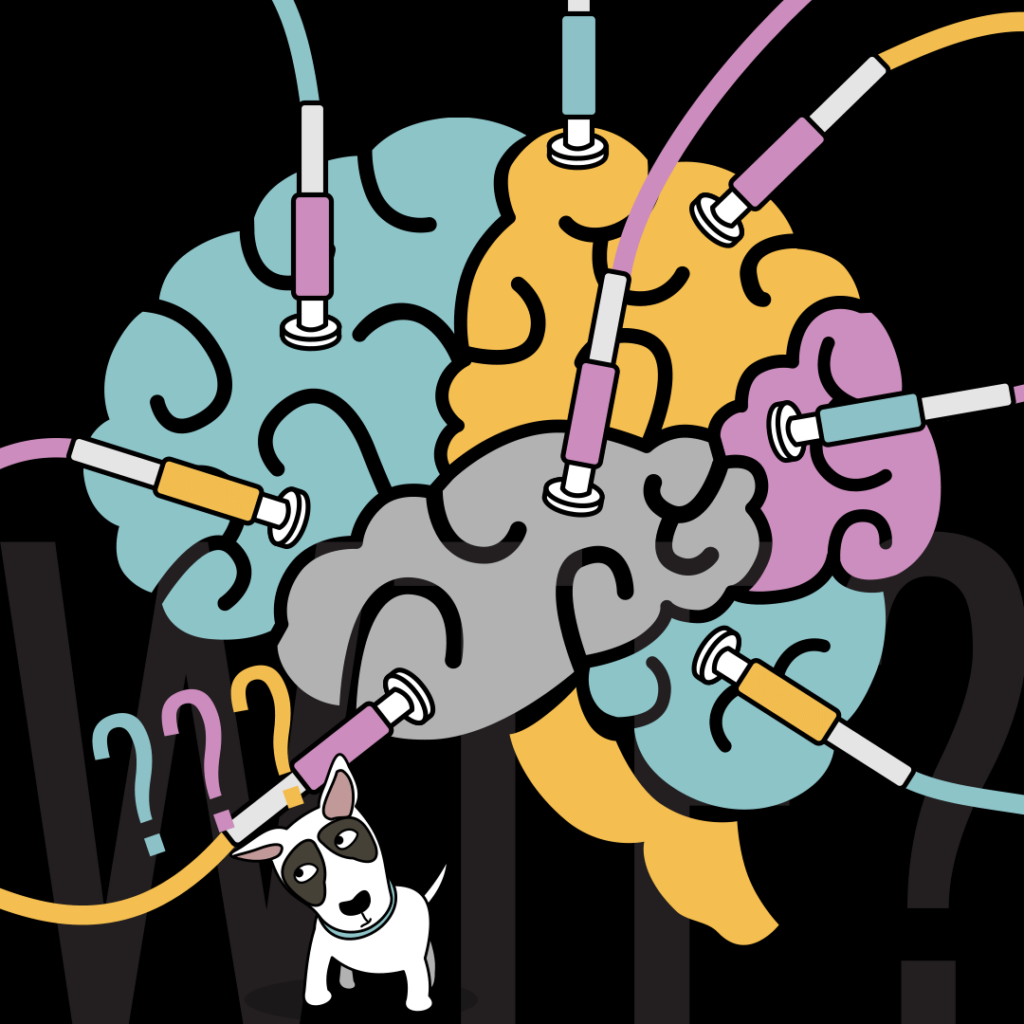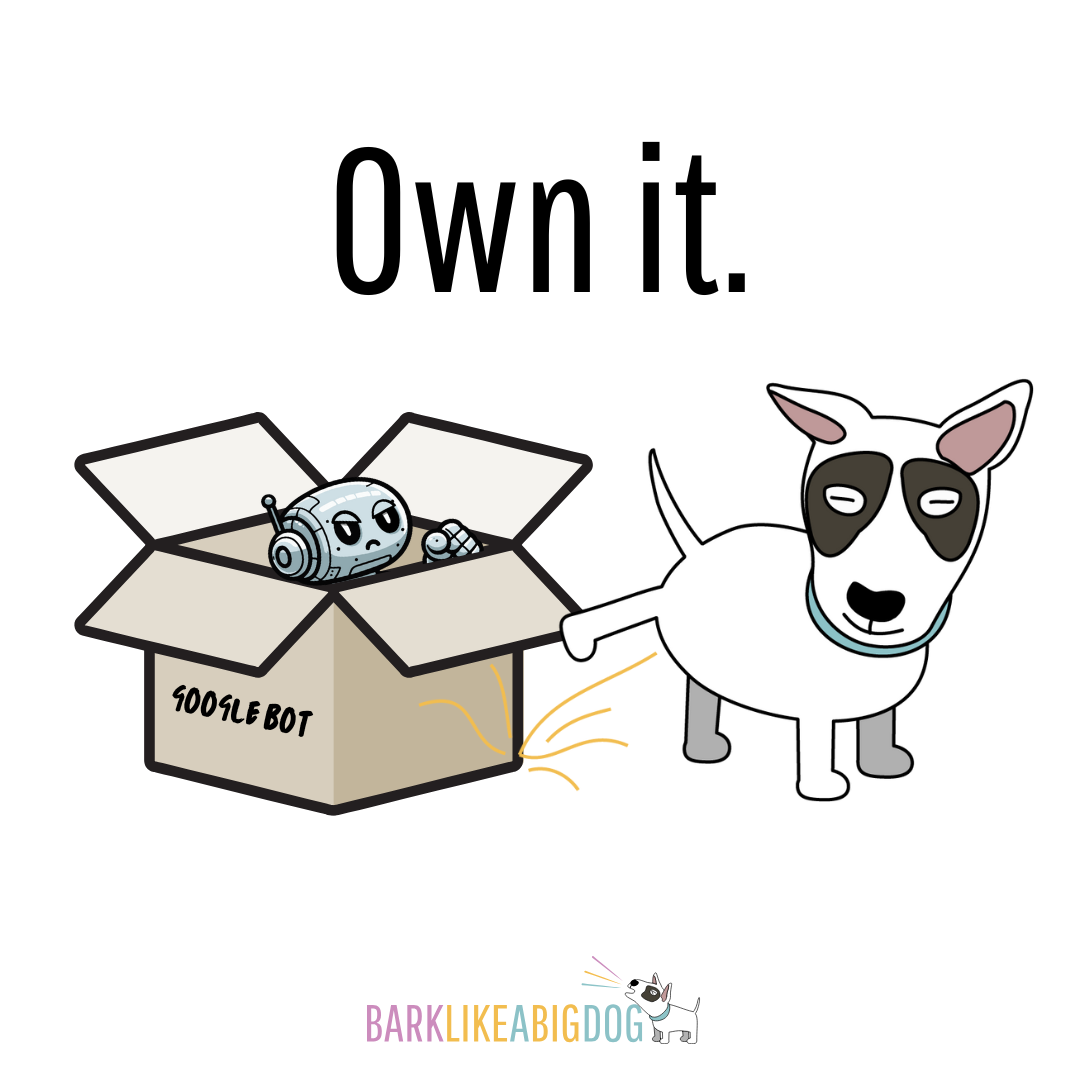What is Neuromarketing? Or, more accurately, WTF is neuromarketing?

The term is being bandied about left and right at the moment, but just what is neuromarketing and why should you care? Technically speaking, neuromarketing is all about research, the study of behaviour in relation to marketing messages. Recently, the term has been expanded to include the application of neuroscience/behavioural science to marketing. It’s a wildly complicated, and fascinating, area and you could literally spend a lifetime reading and not get to the bottom of the pile. For me Neuromarketing has been my passion for over 30 years. We are messy, emotional creatures and understanding how we react to different stimuli is a constant source of wonder to me. Over the years I’ve adapted research and applied it to marketing campaigns of every type. I’ve also used cultural research to support change management and behavioural adaptations (particularly of USA created marketing for rest of world use).
Neuromarketing will eventually set the standards to which all creative agencies work to. I wish it was so today, but it isn’t. Neuromarketing allows us to speak directly to the emotional brain and ensure that our decision-making centre can interpret the core message without the need to read it. That’s important because the emotional/primal brain can’t read. Let that sink in.
Why bother with Neuromarketing?
Everybody lies. Period.
We don’t mean to, it just happens. Mostly because we don’t have access to the many and varied subconscious motivators that drive us to do the crazy things we do. So, pity the poor research project that depends on what people say to reflect what we really think and do. That’s not to say traditional research doesn’t have a place in the mix, but in the end the facts don’t lie. It has long been understood – and empirically proven – that an individual’s subjective reports (answers to a survey, an interview etc.) are usually incomplete and include after-the-fact rationalizations that miss or misinterpret what was really driving behaviour. In short, for the most part, our conscious mind has no clue why we do and the feel the way we do, so just how are we supposed to accurately report back, long after the event has passed? Neuromarketing research allows researchers to see the ‘truth’ by analysing subconscious reactions that can’t be manipulated by either the respondent or research. If you say you like it, but your brain says nope, neuromarketing will call it out.
Brain Sciences
It’s important to understand that Neuromarketing (research methodologies or approach, whichever way you feel better describing it) would not exist without a host of other hard-core sciences. For the most part, three main areas of brain science are involved in development of neuromarketing: Neuroscience, Social and Behavioural science. Each one of these fields is vastly complex so, for our purposes, I’m going to stick to a few key areas that have the most direct impact on marketing; behavioural economics, neuroscience – in particular the study of brain states and physiological reactions to environmental stimulus – and Social Psychology in terms of how people act in social situations (real or imagined).
Neuroscience is the study of the nervous system which comprises two main parts: the central nervous system (CNS) and the peripheral nervous system (PNS). The CNS contains the brain and spinal cord. The PNS consists mainly of nerves, which are long fibres that connect the CNS to every other part of the body.
Behavioural Economics emerged as an offshoot of neuroeconomics (an interdisciplinary field of study that seeks to explain human decision making, the ability to process multiple alternatives and to choose an optimal course of action). Behavioural economics integrates social, cognitive, and emotional factors that have a bearing on how we make and rationalize economic decisions. That is, did the woman buy the gorgeous $600 shoes because they were practical, good value for money, or did they turn her on in some way and all reason went out of the window? It looks to explore what her pain points may have been? What made the purchase possible emotionally?
Social Psychology studies what leads us to behave in a certain way in the presence of others and examines the conditions under which certain behaviour/actions and feelings occur. It is the study of how our feelings, beliefs, thoughts, and goals are structured and how these affect our interactions with others. The most relevant part of this area of study for marketers is the exploration of how conscious and subconscious processes work together to affect how we behave or what we choose.
The power of brain research to super charge marketing is incredible. The lessons we have learned in the past ten years have transformed the way we think about buying behaviour. Persuasion has always been at the core of advertising, but research has allowed us to capitalise on this and transform the way we deliver messages. One of my favourite researchers (and practitioners) is Chrisophe Morin Ph.D. He is the cofounder of Sales Brain and together with his partner Patrick Renvoise they transformed how marketing is structured. Their agency Sales Brain (one of the first neuromarketing agencies) leads the way in the application of neuromarketing and their books are (in my humble opinion) the easiest to read on the subject.
So, go take a look at your marketing, and ask yourself, when a prospect lands on this (page, brochure, social post) do they have to read it to understand who we are? The brain is looking for emotional qualification ahead of deciding on the offer. If your messages don’t scream ‘you’ then it’s going to be harder to hook the prospect.
Make brainy choices and you'll light a fire under your marketing.
Joanne is a fellow of the Royal Chartered Institute of Marketing and has 30+ years of marketing experience. She has worked all around the world, is published in 7 countries and teaches marketing communication theory at Post Graduate level both in the UK and USA. She is an expert in the application of neuromarketing research to everyday marketing and has helped hundreds of organisations transform their results.
Joanne Emmerson FCIM
Related Blog Posts
Bark Like A Big Dog
Bark in our direction and we’ll come running. Looking forward to meeting you.
Primary menu
- Home
- about us
- contact
- news
About us
- Home
- about us
- contact
- news
quick link
- Home
- about us
- contact
- news
contact channels
- Home
- about us
- contact
- news
© Bark Like A Big Dog Ltd 2022
DISCLAIMER This site is not a part of the Facebook website or Facebook Inc.Additionally, This site is NOT endorsed by Facebook in any way. FACEBOOK is a trademark of FACEBOOK, Inc.




